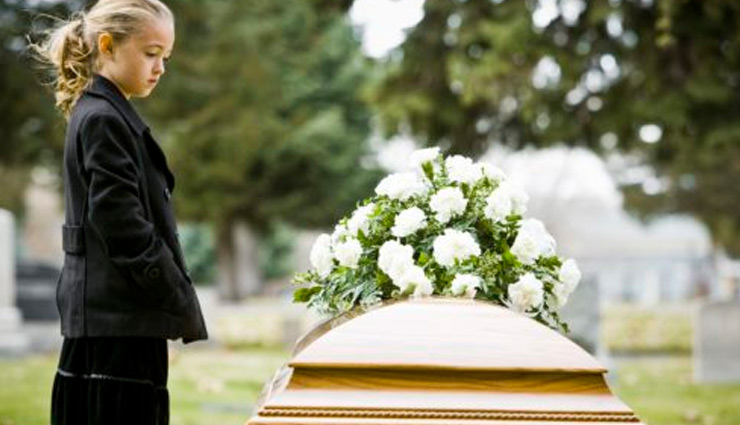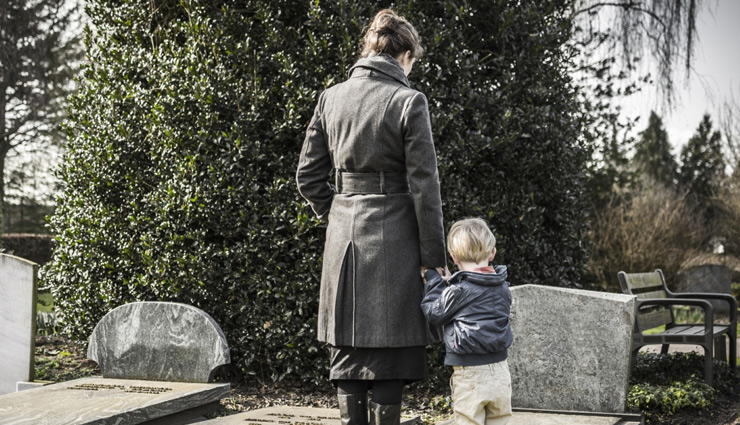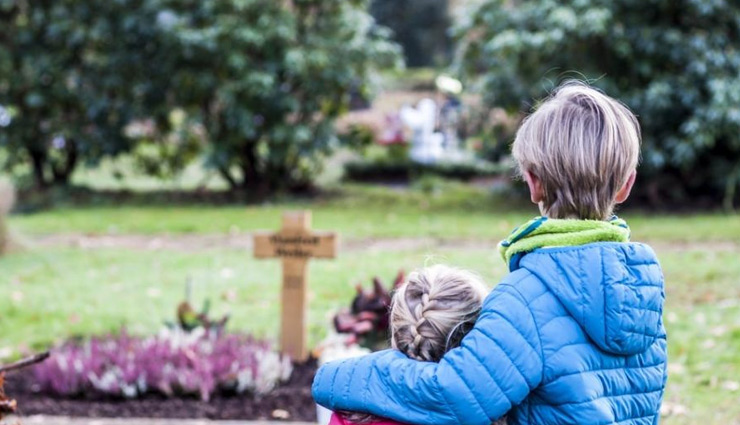- Home›
- Mates & Me›
- Ways To Help You Cope Up With Your Parents Death
Ways To Help You Cope Up With Your Parents Death
By: Priyanka Maheshwari Sat, 20 June 2020 4:55:17

Losing a parent is something almost all of us will experience. And yet, the death of a parent is different for everyone, because the resulting grief is personal, just as your relationship with your mom or dad was. Siblings don’t respond to the death of a parent in the exact same way. Factors such as how close you are with your parent, what stage you are at in your own life, and how you connected you felt every day will shape the way you feel in the aftermath of that death.
When my father died several years ago, I was in my late 20s and it devastated me in ways that I cannot, even now, put into words. We were very close; the picture of my life stretching out before me always included the prominent presence of my dad. Yet even in the depths of that grief, I knew there were things that needed to be done, and that it would help me to do them: write an obituary, close email accounts, go through his tools in the garage. What I know now was that the need to organize to feel useful was part of my grieving process, even if I didn’t look at it that way at the time. Here are some guidelines that might be helpful in navigating the experience.

* Give yourself plenty of time to process
When kids lose a parent, it can just shatter their world. But as an adult, the impact of your parent’s death might not be immediately clear to you. The days after losing your mom or dad can become a complete blur. There are funeral arrangements to be made, family members to call, food deliveries from kind neighbors to accept and while a to-do list might help you get through the hours, eventually things will slow down and you might find yourself suddenly struck by the fact that this person who has been in your life since the very beginning is gone.
* Get support from people who have been there
When my dad died, I remember feeling like no one understood what I was going through, with the exception of my sister and even our grief wasn’t totally in sync. I couldn’t find comfort in my friends, or in my partner. “How could they possibly understand?” I remember thinking. I cried constantly.

* Have a plan for emotionally-charged days
The first year after my father died, I went home for the holidays as usual and it was a mistake. That might not be true for everyone. Maybe it will help you to have your normal family traditions in place, as a way of honoring your lost parent and even commemorating happier times. But without our dad, we were just too sad to pick up old traditions. So the year after that, we created new ones, where we travel over the holidays, but still celebrate him with a toast or family stories.
* Find ways to keep your parent’s presence in your life
In the days after my dad’s death, one of the very first things I did was make audio recordings of all the messages he had left on my phone. I pulled out photos of him and put them in a giant bowl on my desk so I could sift through them whenever I felt like it. Having those pictures and his voice around helped me feel like he was still present in my life. Telling stories about him and noting movies or foods he would have really liked is another way he is active in my mind, every single day.
* Forgive yourself for feeling a bit better
For most of us, the reality is: You will laugh again. You will have a really great Christmas morning. Your whole birthday will go by without a breakdown over the absence of your parent. Grief is a process, and one part of it is the intensity of your grief subsiding. In my experience, there will be moments where all of a sudden the sadness comes rushing up all over again and knocks you down like a wave. As time goes on, for me, these moments have become fewer and farther between.





